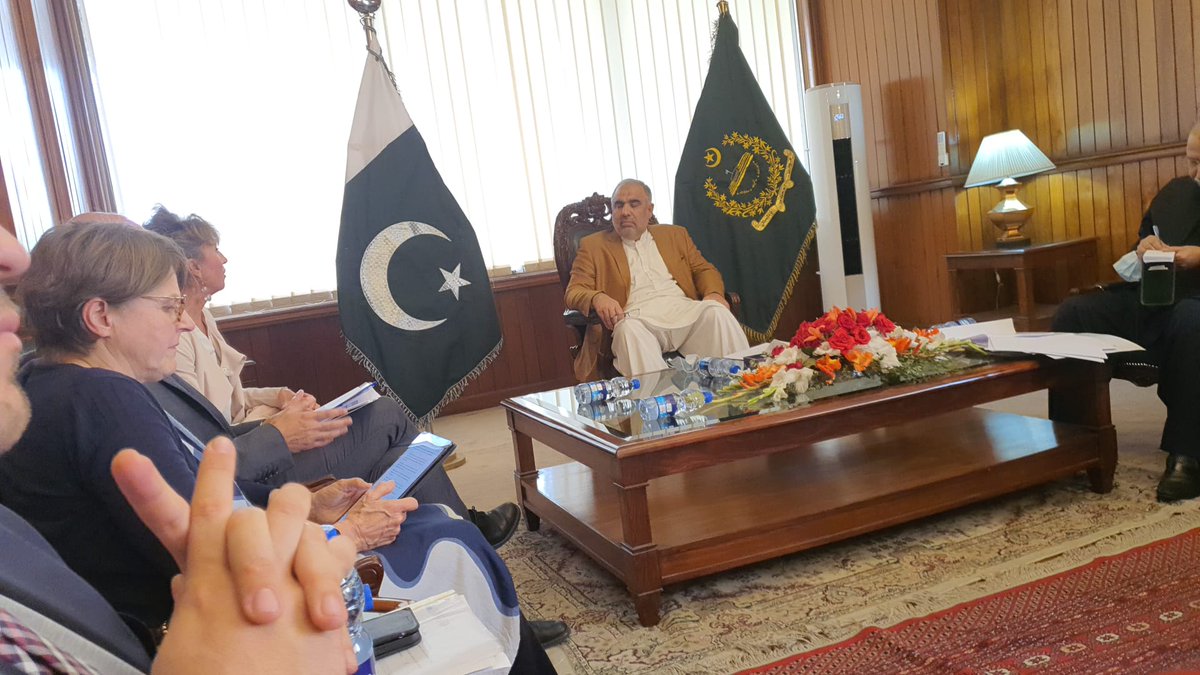
It is #COP26 week and news about countries’ climate commitments are everywhere 🌎🌍🌏. While this is good news, it is clear that unilateral, voluntary commitments are not enough. The next steps in the fight aginst climate change require enforcement mechanisms. [Thread]🧵
Multilateral efforts to reduce carbon emissions have been hampered by their non-binding nature and the lack of mechanisms to avoid free riding. As a result, annual world GHG emissions have increased by +60% since 1990 (emissions per capita having increased by c.10%)👇 2/ 

Why is it so hard to reduce carbon emissions?
1. Benefits from reducing carbon emissions are hard to quantify and might only yield benefits in the far future, while the costs to decarbonize are tangible and required now. 3/
1. Benefits from reducing carbon emissions are hard to quantify and might only yield benefits in the far future, while the costs to decarbonize are tangible and required now. 3/
2. The free riding problem: all countries benefit from the efforts of any other country, giving incentives to wait for the others to act and bear the costs of decarbonization.
4/
4/
3. PR over substance: international agreements’ lack of clear commitments have allowed countries to show that climate change was on top of their political agenda (by signing and ratifying agreements) while actually not engaging in any tangible measure to curb emissions.
5/
5/
Despite those challenges, some regions of the world have set unilateral climate targets & introduced carbon pricing mechanisms. However, those regions remain a minority: only 21.5% of world carbon emissions are covered by carbon prices👇 6/ 

Without a global price for carbon efforts to curb carbon emissions are however doomed to accelerate “carbon leakage”: companies moving production outside of regions with carbon pricing schemes towards countries with laxer climate policies
7/
7/
This way domestic production is replaced by cheaper and more polluting imported goods.
Example: in the EU, while GHG emissions have decreased by 21% between 1990 and 2018, net imports of carbon embedded in trade has increased by 28% during the same period.
8/
Example: in the EU, while GHG emissions have decreased by 21% between 1990 and 2018, net imports of carbon embedded in trade has increased by 28% during the same period.
8/

Going forward, as the price of carbon emissions increases the carbon leakage problem is likely to intensify.
9/
9/

If we want unilateral climate action to be sustainable (ie. to avoid triggering a delocalization of industries and jobs towards “carbon heavens”), we need to create tangible incentives for countries to decarbonize.
10/
10/
The recently proposed Carbon Border Adjustment Mechanism (CBAM) by the EU could be one of those incentivizing instruments. It would support the EU’s carbon pricing efforts, while incentivizing other countries to price carbon, hence reducing global emissions.
11/
11/
Ultimately, the countries that price carbon will form a club and the other countries would it in their interest to join the club (or else give up on trade).
This is the ONLY solution with "teeth" 12/
This is the ONLY solution with "teeth" 12/
If you want to read more about the CBAM you can check my recent publication with @fayos_herrera in the @cepr_org eBook
And also a developed proposal for a workeable CBAM for Europe in my webpage:
luisgaricano.eu/proposals/a-pr…
👇
13/
https://twitter.com/cepr_org/status/1447946423400603652
And also a developed proposal for a workeable CBAM for Europe in my webpage:
luisgaricano.eu/proposals/a-pr…
👇
13/
Finally, a message of hope: I strongly believe that we can decarbonize our economies, and that we can do it in a smart way that does not necessarily imply turning away from future growth. As a proof the two images below: 14/14 



• • •
Missing some Tweet in this thread? You can try to
force a refresh











